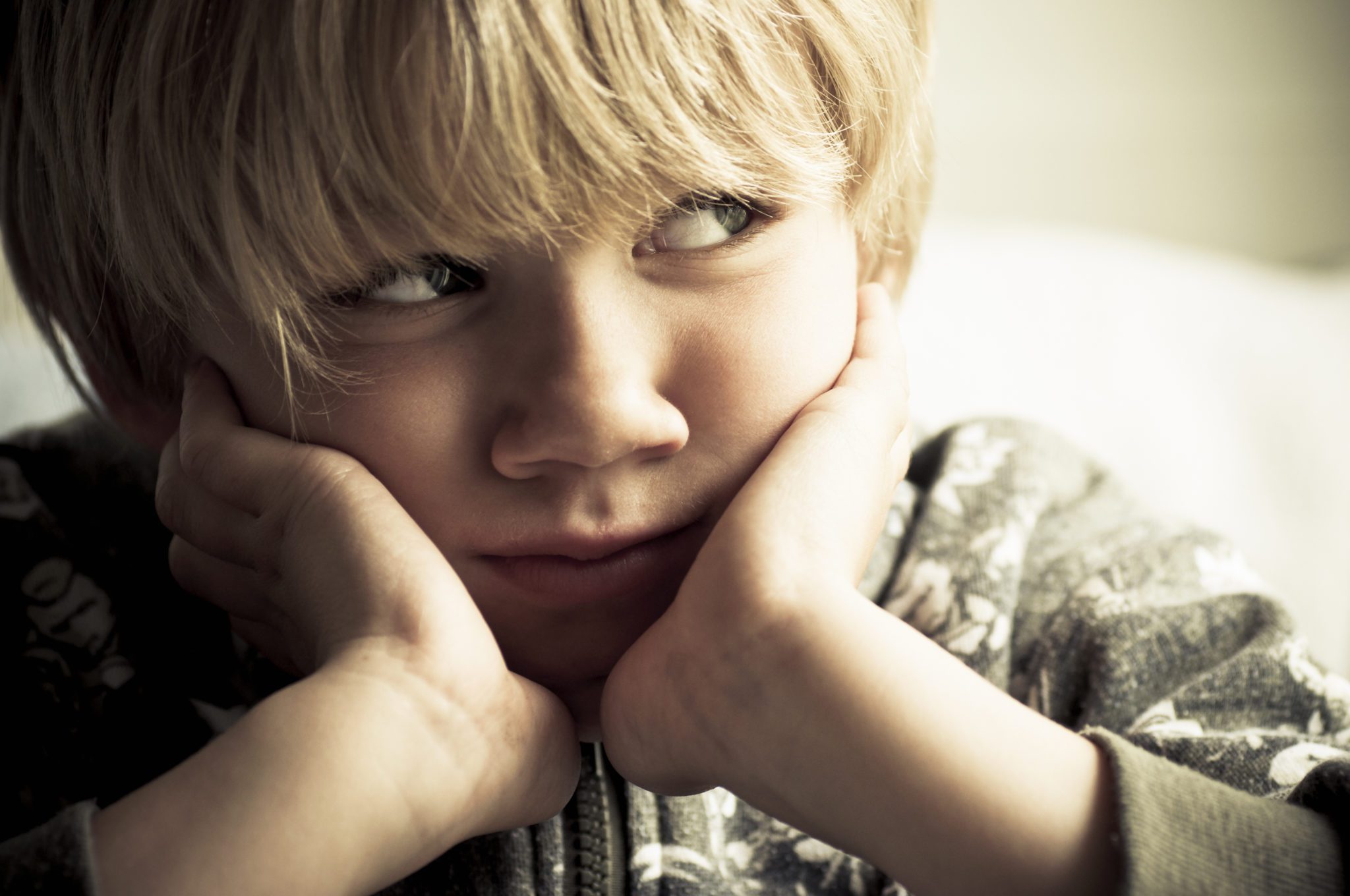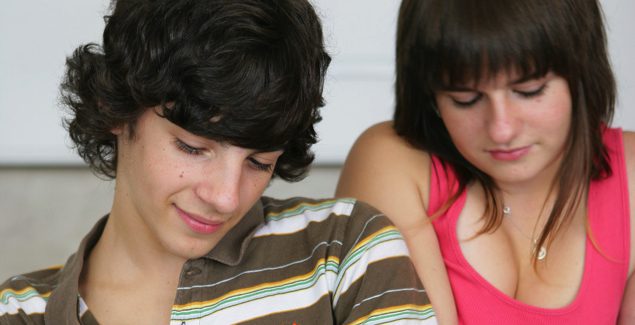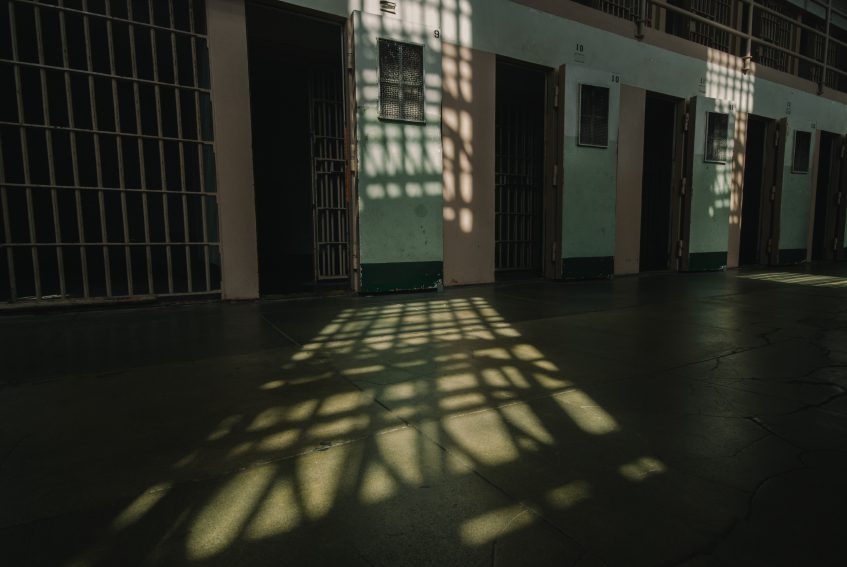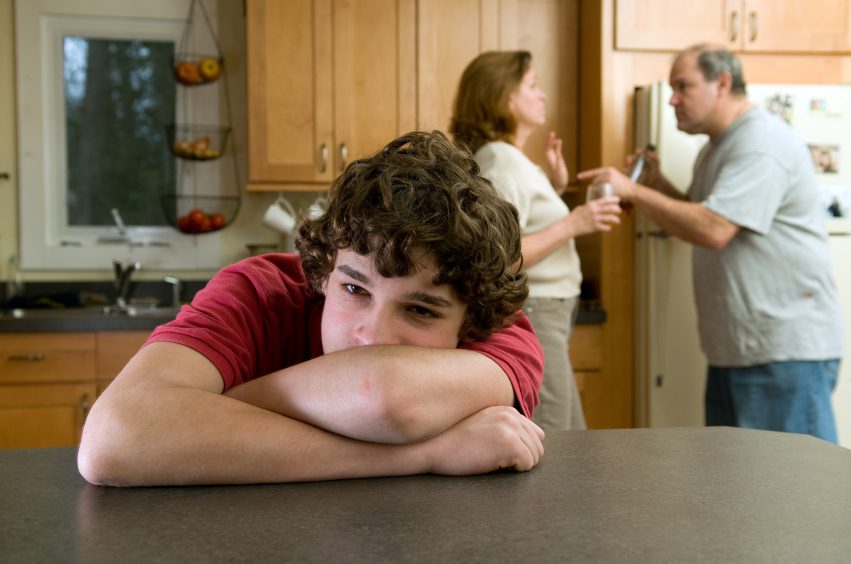Parenting Concerns
Treating Specific Phobias in Kids

It was the last semester of medical school, and Philadelphia couldn’t have been nicer—even West Philly.
My wife and daughter, then almost five years old, were walking around town, and at one point let our daughter run ahead over a concrete bridge.
Rules For Dating In A Non-Dating World

Before I actually had a daughter, I imagined that I’d be pretty cool with the whole dating thing. You know, a tiny bit formal perhaps—ask the young man (or the young lady) a few probing but non-threatening questions; remind both my daughter and her date about the curfew; and, refrain from kissing my daughter goodbye.
Pros and Cons of a Private Clinic Versus Public School Evaluation

Christopher had a tough third grade year. He struggled to pay attention, had difficulty reading his assignments, and was never able to finish his homework on time.
Doing What We Ought To Be Doing Already: An Approach To World Suicide Prevention Day

September 10th is World Suicide Prevention Day.
That seems straightforward enough.
Suicide is awful, more common than you’d think, and in many cases, highly preventable.
Perhaps most important, in virtually every culture and every ethnic group on the planet, suicide is highly stigmatized.
How Do I Talk To My Kids About Caitlyn Jenner?

“How do I talk to my kids about Caitlyn Jenner?”
I suppose this question is inevitable now. That’s not a bad thing, but it is a deceptively tricky inquiry.
Bad To The Bone: Seven Myths About Juveniles In Jail

Intro music written and performed by Dr. Gene Beresin.
Outro music performed by Dr. Gene Beresin.
***
Bad To The Bone: Seven Myths About Juveniles In Jail
Judith Edersheim, J.D., M.D. and Robert Kinscherff, Ph.D., J.D.
The Impact Of Divorce: All Children Only Get One Childhood

Listen to a conversation about the impact of divorce on children on our podcast. Tune in below or search for “Shrinking It Down” wherever you get your podcasts.
Navigating divorce is an adult problem and responsibility.
The Crisis In Pediatric Psychiatric Emergency Rooms

Psychiatric emergency rooms are busier than you can imagine—unless you’ve been stuck in one. In fact, there’s only one emergency room setting that’s even more so: pediatric psychiatric emergency rooms.
Jade’s Journey From Homeless Child To Lesley University Student: A Story Of Resilience

This is the second blog post of a series in collaboration with the Lesley University Child Homelessness Initiative (CHI). For more information about the CHI curriculum, and the ways in which it seeks to empower the next generation of teachers and caregivers to understand and advocate for homeless children, visit http://www.lesley.
When Your Dog Dies: Reflections On Losing Your Best Friend

Today we had to put down Toby.
He was a 15-year-old Australian Shepherd, and probably one of the best dogs we ever had. And we’ve had plenty.
It seems trite to say that losing a pet is like losing a member of the family. The fact is, though, it’s actually a gross understatement.




